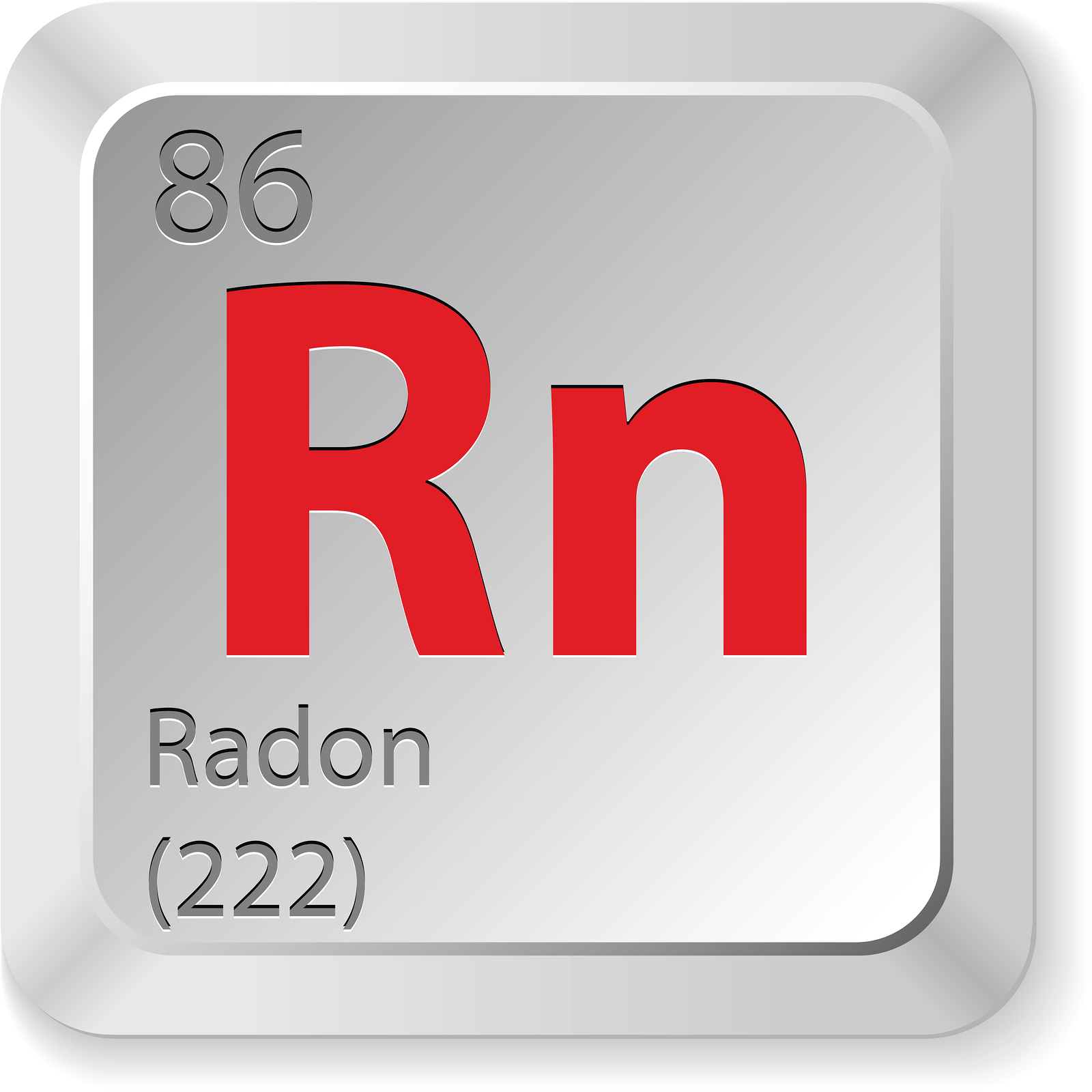January Is Radon Awareness Month!
go.ncsu.edu/readext?564526
en Español / em Português
El inglés es el idioma de control de esta página. En la medida en que haya algún conflicto entre la traducción al inglés y la traducción, el inglés prevalece.
Al hacer clic en el enlace de traducción se activa un servicio de traducción gratuito para convertir la página al español. Al igual que con cualquier traducción por Internet, la conversión no es sensible al contexto y puede que no traduzca el texto en su significado original. NC State Extension no garantiza la exactitud del texto traducido. Por favor, tenga en cuenta que algunas aplicaciones y/o servicios pueden no funcionar como se espera cuando se traducen.
Português
Inglês é o idioma de controle desta página. Na medida que haja algum conflito entre o texto original em Inglês e a tradução, o Inglês prevalece.
Ao clicar no link de tradução, um serviço gratuito de tradução será ativado para converter a página para o Português. Como em qualquer tradução pela internet, a conversão não é sensivel ao contexto e pode não ocorrer a tradução para o significado orginal. O serviço de Extensão da Carolina do Norte (NC State Extension) não garante a exatidão do texto traduzido. Por favor, observe que algumas funções ou serviços podem não funcionar como esperado após a tradução.
English
English is the controlling language of this page. To the extent there is any conflict between the English text and the translation, English controls.
Clicking on the translation link activates a free translation service to convert the page to Spanish. As with any Internet translation, the conversion is not context-sensitive and may not translate the text to its original meaning. NC State Extension does not guarantee the accuracy of the translated text. Please note that some applications and/or services may not function as expected when translated.
Collapse ▲ If you are living in Clay County, you are at risk for radon exposure; according to an article by Catherine Clabby in North Carolina Health News, February 10, 2017.
If you are living in Clay County, you are at risk for radon exposure; according to an article by Catherine Clabby in North Carolina Health News, February 10, 2017.
“You can have radon in any home. The only way to know for sure is to test, said Catherine Rosfjord, a branch manager in the Radiation Protection Section of the North Carolina Department of Health and Human Services.
Radon gas occurs naturally, produced when uranium breaks down in rocks underground. North Carolina, particularly the Piedmont and Blue Ridge Mountain regions, sits atop gneiss, schist, and granite, rock types with higher than average concentrations of uranium.”
You increase your risks of cancer if you are also a smoker and live in this area. Radon gas is dangerous because it decays into radioactive particles that may become trapped in someone’s lungs. The EPA recommends taking steps to reduce the levels of radon in your home if the gas exceeds 4 pCi/L.
“Unlike some states, North Carolina does not require builders to use construction techniques known to shield homes from radon, a known cause of lung cancer. So people dwelling in new and older untested structures remain at risk here.”
You should take steps to educate yourself on the dangers of radon before making a real estate decision. “Before selling a property, a North Carolina homeowner must disclose if radon has been detected at levels exceeding government safety standards at an address. But otherwise, state law doesn’t require government intervention in preventing or reducing radon exposure, Rosfjord said.”
North Carolina Cooperative Extension Education will be conducting radon classes during the month of January. You may sign up for a morning class at the North Carolina Cooperative Extension, Clay County Center on Monday, January 7, 2019, at 10 a.m. If an evening class is better for you, the class will be repeated on Tuesday, January 8 at 6:30 p.m. in Murphy at the N.C. Cooperative Extension, Cherokee County Center.
The fee for the class is $10 which also includes a radon test kit. General information on radon will be covered and some basic information on radon mitigation.
People who can’t afford the roughly $1,200 for mitigation may be eligible for financial help in this state, either through subsidies or low-cost loans.
Go to the Self Help Credit Union website for more information or, to apply, contact Steve Reardon: steve.reardon@self-help.org or (919) 956-4669.



